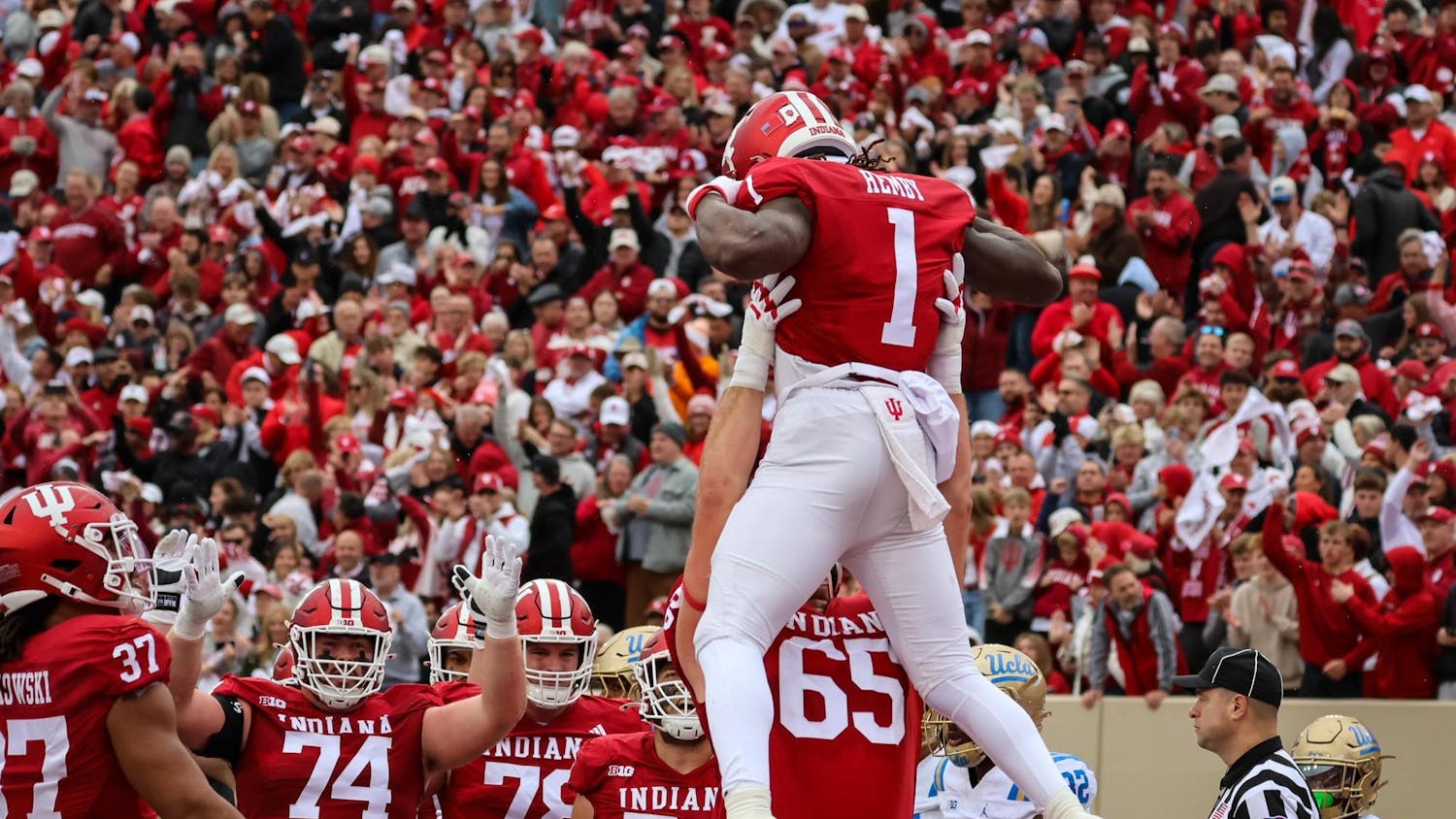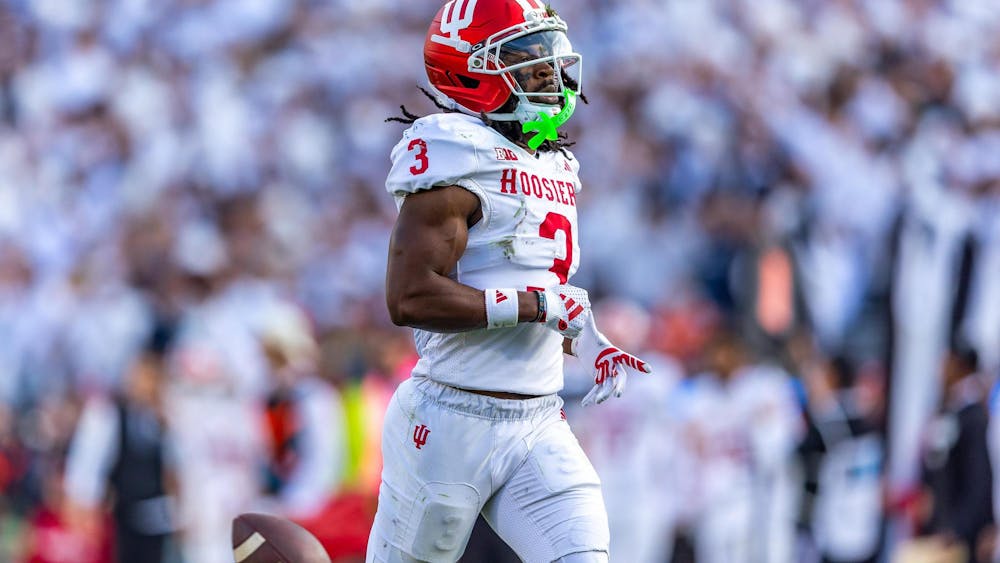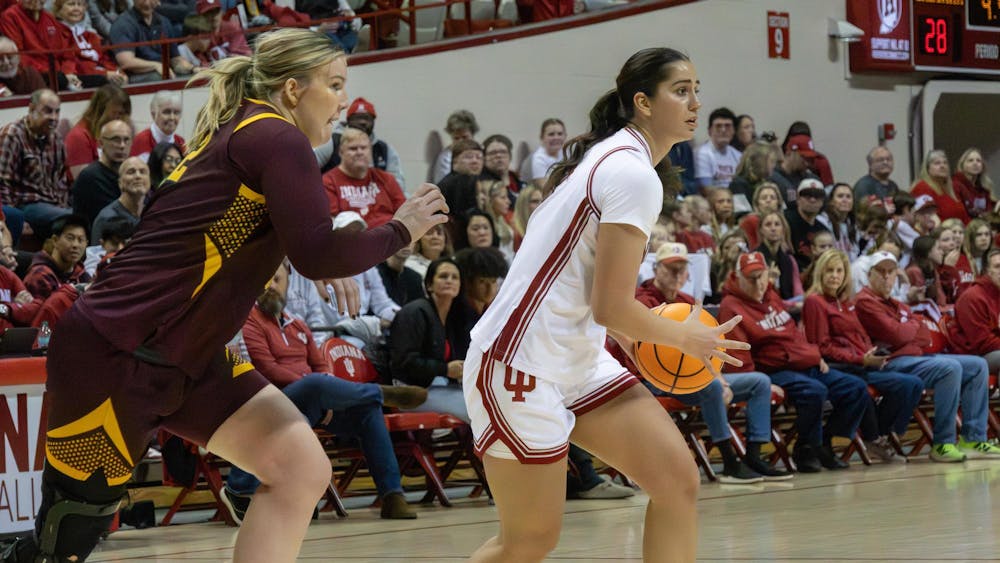PARIS - Sounding convinced that Lance Armstrong is guilty of doping, the director of the Tour de France said "we were all fooled" and the seven-time champion owes an explanation for "proven scientific facts" from a newspaper report alleging he cheated to win cycling's most prestigious event.\nJean-Marie Leblanc's comments appeared in the French sports daily L'Equipe Wednesday, a day after the newspaper reported that six urine samples provided by Armstrong during the '99 Tour tested positive for the red blood cell-booster EPO.\n"For the first time -- and these are no longer rumors, or insinuations, these are proven scientific facts -- someone has shown me that in 1999, Armstrong had a banned substance called EPO in his body," Leblanc said.\n"The ball is now in his court. Why, how, by whom? He owes explanations to us and to everyone who follows the tour. Today, what L'Equipe revealed shows me that I was fooled. We were all fooled."\nIn a statement on his Web site on Tuesday, Armstrong denied ever taking performance- enhancing drugs and dismissed the article as "tabloid journalism." A representative for Armstrong said Wednesday the cyclist was at the Discovery Channel headquarters in Silver Spring, Md., and would not have further comment on Leblanc's statements.\nIt was the first time since doping whispers began to swirl around Armstrong that Leblanc spoke critically of him. Leblanc has expressed admiration for Armstrong -- while acknowledging that the Texan's methodical training regimen took some of the European-style romance out of the Tour.\nWhile Leblanc seemed convinced of Armstrong's guilt, fellow cyclists came to his defense.\n"Armstrong always told me that he never used doping products," five-time winner Eddy Merckx told Le Monde newspaper. "Choosing between a journalist and Lance's word, I trust Armstrong."\nL'Equipe is owned by the Amaury Group whose subsidiary, Amaury Sport Organization, organizes the Tour de France and other sporting events. The paper has often raised questions about whether Armstrong has ever used performance enhancing drugs. On Tuesday, the banner headline of its four-page report was "The Armstrong Lie."\nEPO, formally known as erythropoietin, was on the list of banned substances at the time Armstrong won the first of his seven Tours, but there was no effective test then to detect it.\nThe allegations took six years to surface because EPO tests on the 1999 samples were carried out only last year -- when scientists at the national doping test lab outside Paris opened them up again for research to perfect EPO screening, with the blessing of the World Anti-Doping Agency.\nAnother five-time Tour champion, Miguel Indurain, said he couldn't understand why scientists would use samples from the 1999 Tour for their tests.\n"I feel the news is in bad taste and out of place, given that it happened six years ago after his first Tour victory, and after he won six more," Indurain wrote in the Spanish sports daily Marca. "With the little I have to go on, it is difficult to take a position, but I think at this stage there's no sense in stirring all this up."\nJan Ullrich, the 1997 Tour champion, said he did not have all the details and did not want to be too quick to judge.\n"But clearly I would be very disappointed if the story were true," he wrote on his Web site.\nArne Ljungqvist, chairman of the International Olympic Committee's medical commission, said the urine samples from 1999 still could produce legitimate EPO test results.\n"I believe they may well, if they have been properly stored -- without access to outside people so they cannot be tampered with. Also in a refrigerator or deep frozen," Ljungqvist said Wednesday in a phone interview with The Associated Press. "If not in such a situation -- there's no guarantee they have not been subjected to undue temperatures."\nL'Equipe's investigation was based on the second set of two samples used in doping tests. The first set were used up in 1999 for analysis at the time. Without that first set of samples, any disciplinary action against Armstrong would be impossible, French Sports Minister Jean-Francois Lamour said.\nLamour said he had doubts about L'Equipe's report because he had not seen the originals of some of the documents that appeared in the paper.\n"I do not confirm it," he told RTL radio. But he added: "If what L'Equipe says is true, I can tell you that it's a serious blow for cycling."\nThe International Cycling Union did not begin using a urine test for EPO until 2001. For years, it had been impossible to detect the drug, which builds endurance by boosting the production of oxygen-rich red blood cells.\nJacques de Ceaurriz, the head of France's anti-doping laboratory, which developed the EPO urine test, told Europe-1 radio that at least 15 urine samples from the 1999 Tour had tested positive for EPO. The year before, there were more than 40 positive samples, he said -- reflecting how widespread the drug was when riders thought they could not be caught.\nThe lab said it could not confirm that the positive results cited in L'Equipe were Armstrong's. It noted that the samples were anonymous, bearing only a six-digit number to identify the rider, and could not be matched with any one cyclist.\nHowever, L'Equipe said it was able to confirm the samples were Armstrong's by matching the cyclist's medical certificates with the results of positive doping tests bearing the same sample numbers.\nArmstrong has insisted throughout his career that he has never taken drugs to enhance his performance. In his autobiography, "It's Not About the Bike," he said he was administered EPO during his chemotherapy treatment to battle cancer.\n"It was the only thing that kept me alive," he wrote.
Tour director: Armstrong 'fooled' the sports world
Get stories like this in your inbox
Subscribe





